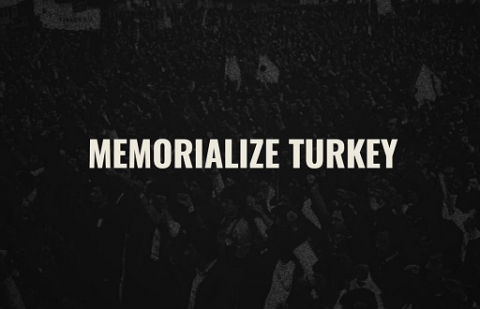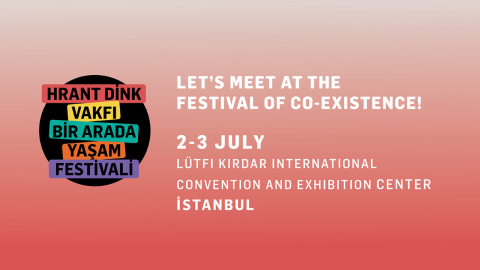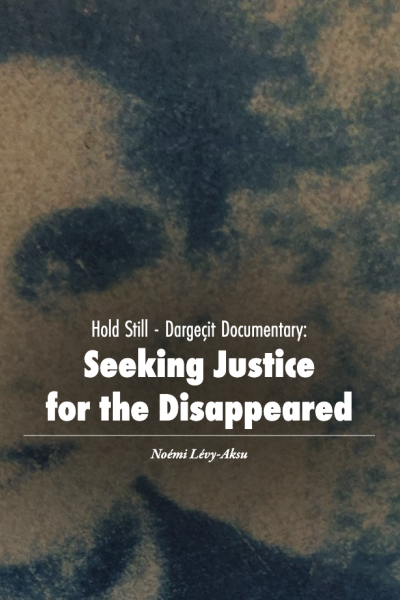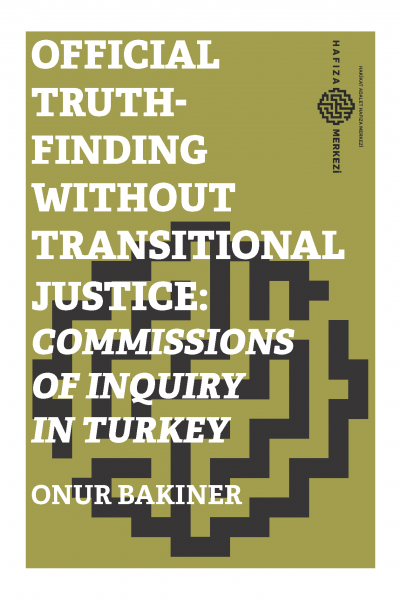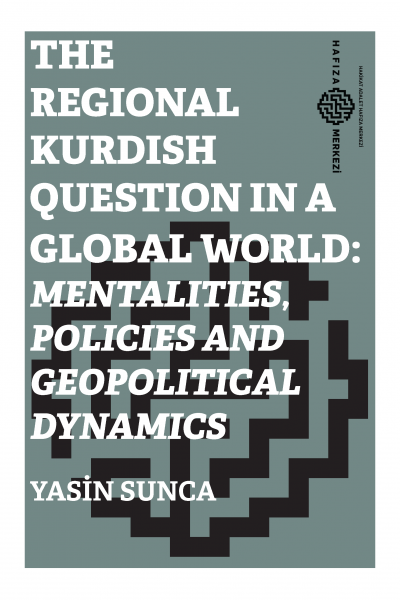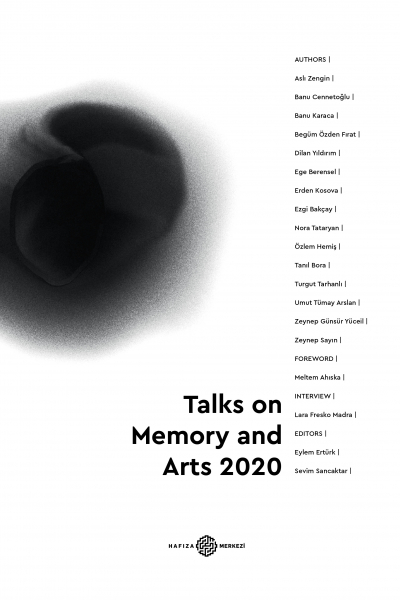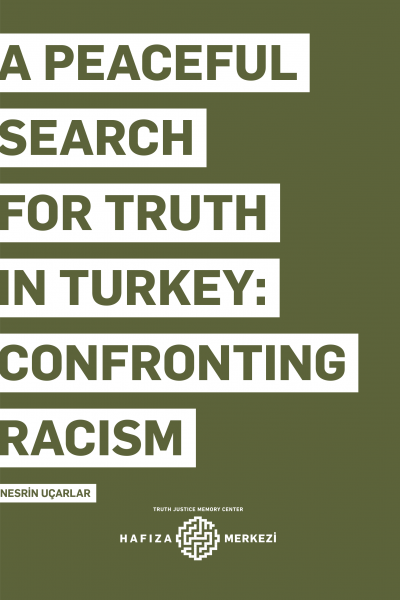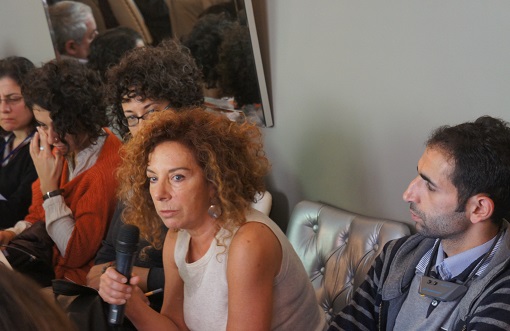
Memorials, monuments and museums: Turkey and experiences from the world
Human rights organizations around the world are promoting the development of a diversity of memorialisation projects, such as the conversion of clandestine detention centers to “sites of memory,” and building monuments and sites to remember forcibly disappeared persons. In Argentina, Chile, Lebanon, North Ireland, Morocco and many other countries, organizations are founding museums to commemorate grave violations of human rights, converting sites of contested memory, and renewing and rebuilding memories of these violations by presenting public art projects, exhibits, and films. Memorials, museums, and other attempts at commemoration strengthen democratic dialogue and peace by showing, understanding, and remembering the effects of systematic state terror.
In partnership with the International Coalition of Sites of Conscience, we organized a workshop in Istanbul on December 17-18, titled “Memorials, Monuments and Museums: Turkey and Experiences from the World” to share some examples of such initiatives and to discuss the various attempts at commemoration within Turkey.
The International Coalition of Sites of Conscience

 Silvia Fernandez, from the International Coalition of Sites of Conscience, gave a presentation on the subject of sits of conscience. The Coalition is a global network that focuses on converting sites of contested memory of the past into sites that promote and encourage participation in civil society. This network, which boasts 260 sites of conscience in 47 countries, is actively working to provide lessons on questions of human rights and democracy to tens of millions of people every year. The Coalition, with its participatory and affecting programs that bring people from different backgrounds together, is working on a global movement to connect the past with the present and transform memory into civil engagement. Coming to terms with the past and its legacies is a challenge for societies all over the world," says Elizabeth Silkes, Executive Director of the International Coalition of Sites of Conscience, "and in places still working towards acknowledgement, reconciliation, and healing, this process can be even more daunting. But, memorialization - from community-led initiatives to large-scale commemorations - offers a way for us all to make sense of the past and begin to envision new futures. We are pleased that the Coalition has the opportunity to bring the experience of our members to Turkey at this pivotal moment.”
Silvia Fernandez, from the International Coalition of Sites of Conscience, gave a presentation on the subject of sits of conscience. The Coalition is a global network that focuses on converting sites of contested memory of the past into sites that promote and encourage participation in civil society. This network, which boasts 260 sites of conscience in 47 countries, is actively working to provide lessons on questions of human rights and democracy to tens of millions of people every year. The Coalition, with its participatory and affecting programs that bring people from different backgrounds together, is working on a global movement to connect the past with the present and transform memory into civil engagement. Coming to terms with the past and its legacies is a challenge for societies all over the world," says Elizabeth Silkes, Executive Director of the International Coalition of Sites of Conscience, "and in places still working towards acknowledgement, reconciliation, and healing, this process can be even more daunting. But, memorialization - from community-led initiatives to large-scale commemorations - offers a way for us all to make sense of the past and begin to envision new futures. We are pleased that the Coalition has the opportunity to bring the experience of our members to Turkey at this pivotal moment.”
First day
After the presentation by the Coalition, a session on memory studies in Turkey was held. In this session, Prof. Dr. Leyla Neyzi and Banu Karaca, from Sabancı University, and Prof. Dr. Meltem Ahıska of Boğaziçi University each gave a lecture.
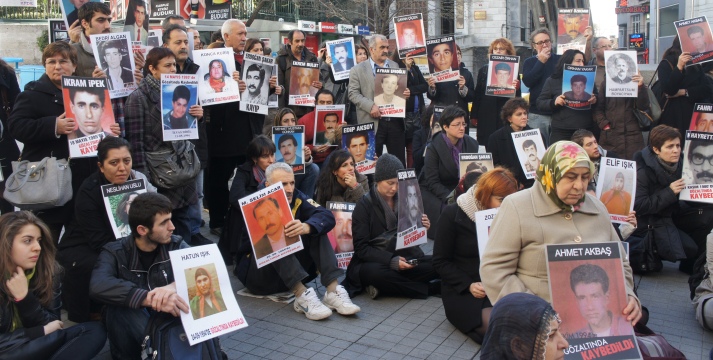
Saturday Mothers After the first sessions, the workshop participants joined the Saturday Mothers in Galatasaray Square. The Saturday Mothers called for truth and justice in their demonstration, which is entering its 351st week of commemorating those who disappeared under police supervision. Participants Fatna El Bouih, from Morocco, and María Eugenia Mendizábal, from Argentina, gave moving words of support to the demonstrators, underscoring the intercontinental nature of the struggle for human rights.
Attempts in Argentina and Morocco
In the second session, María Eugenia Mendizábal, who works in Olimpo, Argentina, gave an informative presentation on the process of converting clandestine detention centers into sites of memory. Olimpo Garage, one of the junta regime’s 400 illegal detention centers, was converted in 2005 to be a site of memory and society. Mendizábal stressed that the process was very delicate and relied upon the support of victims and local populations. Afterwards, Moroccan activist Fatna El Bouih gave a detailed presentation which focused on museum initiatives in Morocco’s largest city, Casablanca, as well as on one of the city’s neighbourhoods and its residents’ civic rights. El Bouih has held many positions over the course of her life: a former political prisoner, writer, sociologist, witness, recipient of reparations from a truth commission, and lastly, as an expert working on the museumification of Derb Moulay Cherif, a torture center in the post-colonial, post-independence regime.
Second day
In the first session of the second day, artists Frieder Schnock and Renata Stih discussed some of the public art projects that they have coordinated, such as Flick Collection, Bus Stop, and Sites of Remembrance. These projects focus on the Jewish genocide and the Siege of Sarajevo. Schnock emphasized methods of leaving an impression in peoples’ consciences in order to contribute to the formation of collective memory. The director of Healing Through Remembering (HTR), Kate Turner, explained the organization’s work. HTR is a comprehensive, intersocietal organization that encompasses individuals of different political, social, and religious perspectives. These people focus on the conflict in Northern Ireland, and how this past is best reckoned with and reconciled. Over the course of the workshop, participants from various fields frequently discussed the potential for commemorative initiatives in Turkey, using their own perspectives. The discussion focused on sites like Diyarbakır Prison, Ulucanlar Prison Museum, and Madımak Hotel, as well as on alternative methods of commemoration. You may find photographs of the meetings here. You can download the program, the list of participants and the bios of the speakers via the links.
Supporters
The workshop was financially supported by Chrest, Global Dialogue, Heinrich Böll Stiftung, and Open Society Foundation.


